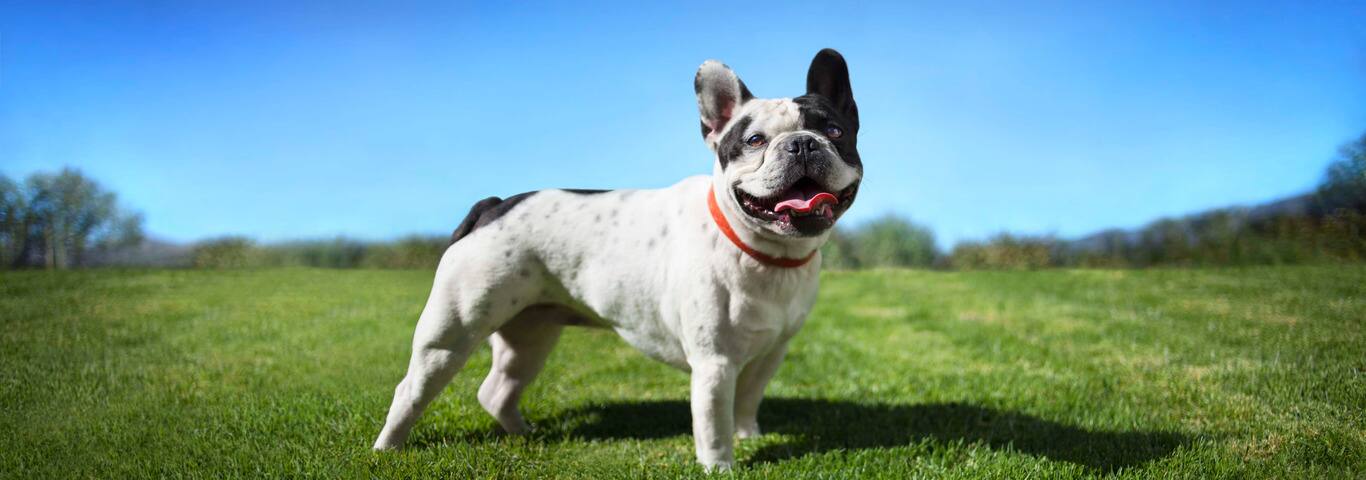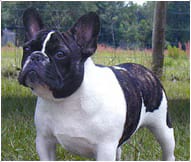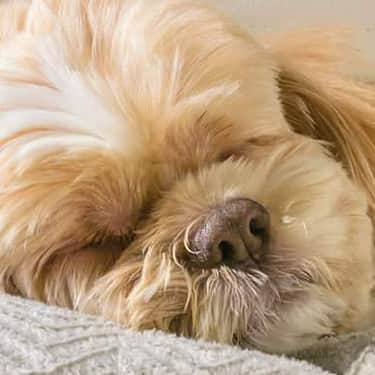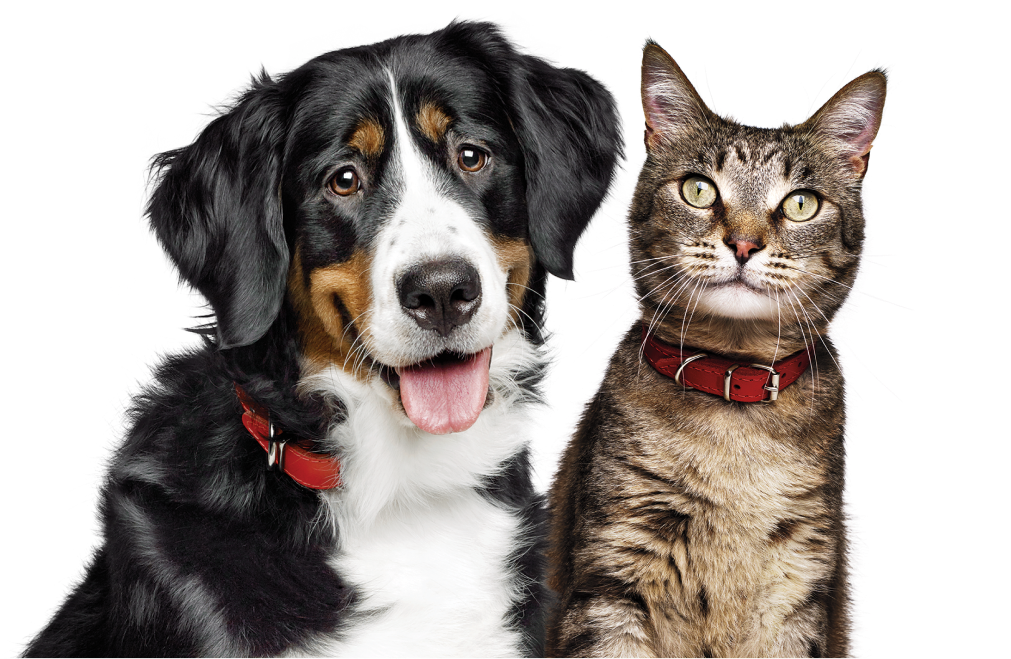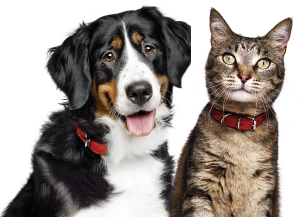The French bulldog is an even-tempered house dog that thrives on attention. In fact, he demands it! This dog is ideal for a single-person household, as he may compete for your attention with other members of the family. The French bulldog does not bark a lot, only when he finds real cause for excitement.
A French bulldog is able to be happy in any housing. This breed is suitable for city life, because no large yard is required. He is not meant to be a jogging companion, but he is always willing to go for a brisk walk. The French bulldog does not require a lot of food, and his short coat is easy to keep clean. Facial wrinkles should be cleaned regularly. The Frenchie snorts and snores, but somehow it's part of his appeal. He prefers to spend his time in the house, receiving all your attention.
Diet Suggestions:
Puppy: Hill's Science Diet Puppy Small Bites Dry Dog Food.
Adult: Hill's Science Diet Perfect Weight Adult Dry Dog Food or Hill's Science Diet Sensitive Stomach & Skin Adult Dry Dog Food.
Mature: Hill's Science Diet Senior Vitality Small & Mini Senior Adult 7+ Dry Dog Food.
In the early 1800s, Normandy lace workers from England set off to find work in France. They took with them smaller bulldogs to be kept on the farms as companions and to chase away the rats. In these northern French farming communities, the popularity of this hardy dog grew quickly. In fact, established bulldog breeders in England were happy to perpetuate this "new" breed by selling their undersized dogs to the French.
The dog is widely known as a very fashionable household companion kept by upper class and royalty. One French bulldog, insured for an incredible sum (at that time) of $750, traveled aboard the Titanic. In the late 1800s and early 1900s the French bulldog was considered a dog of high society; the breed still attracts people who appreciate the finer things in life.











